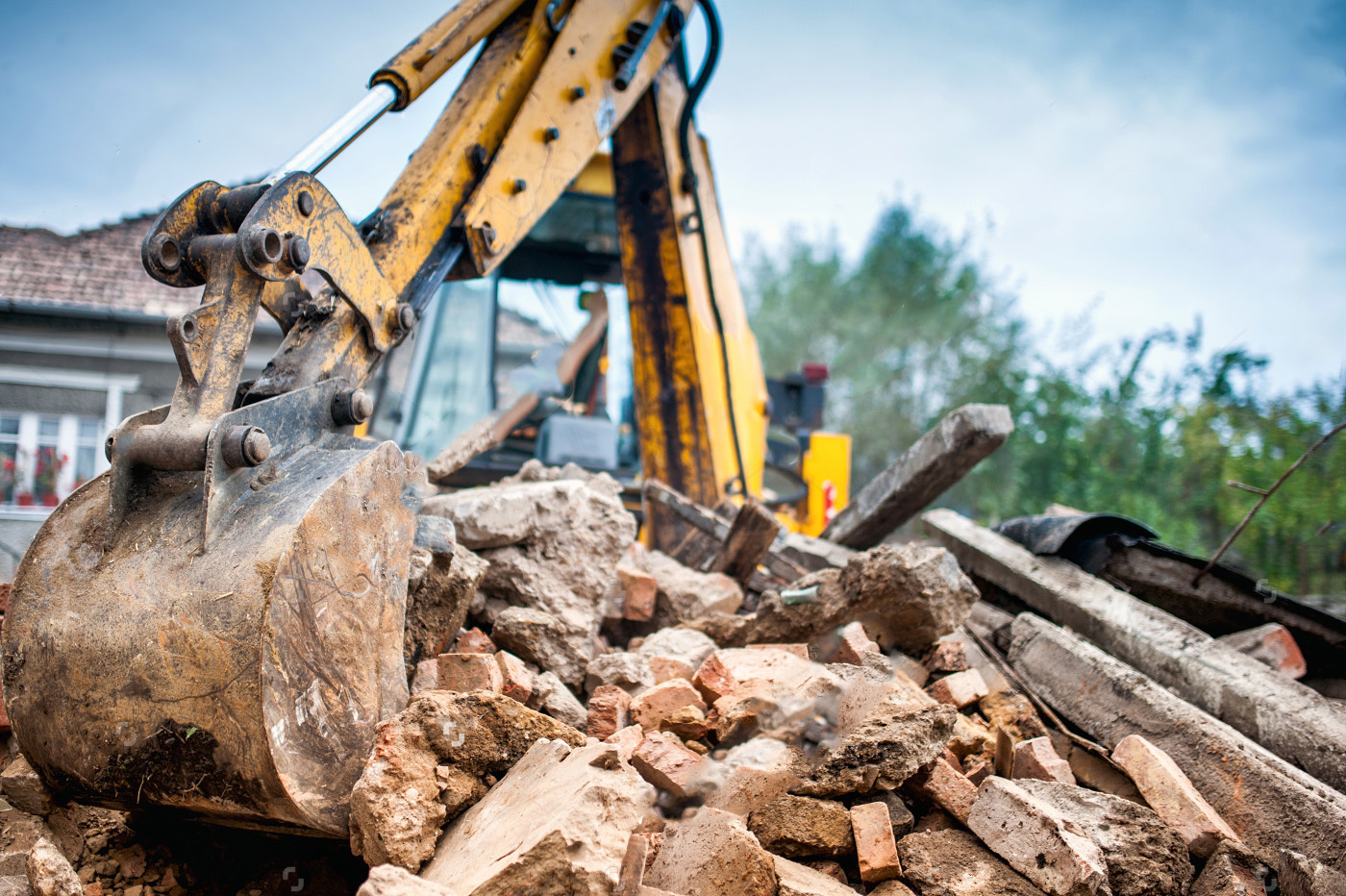Demolition projects in Australia are subject to various permits, regulations, and codes to ensure safety, environmental protection, and compliance with local laws. Understanding these legal requirements is essential for homeowners and contractors planning demolition activities. Here’s an overview of permits and regulations for demolition in Australia:
01. Building Permits: In most Australian states and territories, a building permit is required for demolition projects. This permit ensures that the demolition work complies with building codes and regulations. Homeowners or contractors must obtain the necessary building permit from the local council or relevant authority before commencing commercial demolition in Echuca.
02. Development Approval: Depending on the scale and nature of the demolition project, development approval may be required from the local council or planning authority. Development approval ensures that the proposed demolition aligns with zoning regulations, land use plans, and heritage considerations. Factors such as the heritage significance of the property, environmental impact, and neighbourhood character may influence the approval process.
03. Asbestos Removal Permits: If the property contains asbestos-containing materials (ACMs), a separate permit is required for their removal. Asbestos removal permits are issued by state or territory regulatory bodies responsible for workplace health and safety. Licensed asbestos removalists must carry out asbestos removal activities in accordance with strict regulations to protect workers and the community from asbestos exposure.
04. Environmental Regulations: Demolition projects must comply with environmental regulations to minimise adverse impacts on air, water, soil, and biodiversity. This may include measures to control dust, noise, and pollution generated during demolition activities. Environmental assessments and permits may be required for projects located in environmentally sensitive areas or near waterways.
05. Heritage Considerations: Properties with heritage significance or located within heritage conservation areas are subject to additional regulations governing demolition and redevelopment. Heritage assessments and permits may be required to ensure that demolition activities do not compromise the cultural or historical value of the property. Preservation of heritage features and architectural elements may be mandated as part of the demolition process.
06. Neighbour Notification: In some jurisdictions, homeowners or contractors are required to notify neighbouring properties and obtain consent before commencing demolition. Neighbour notification ensures that adjacent property owners are informed about the demolition activities and have an opportunity to raise any concerns or objections.
07. Utility Disconnection: Before demolition begins, arrangements must be made to disconnect utilities such as electricity, gas, water, and telecommunications services. Properly disconnecting utilities minimises safety risks and prevents disruptions to service providers and neighbouring properties.
08. Waste Management Regulations: Demolition waste must be managed and disposed of in accordance with waste management regulations. Recycling, reuse, and proper disposal of demolition debris are encouraged to minimise landfill waste and promote resource recovery. Demolition company in Geelong must comply with waste transport and disposal regulations to prevent illegal dumping and environmental contamination.
09. Occupational Health and Safety (OHS) Regulations: Demolition work is inherently hazardous, requiring compliance with occupational health and safety regulations to protect workers and the public. Employers and contractors must implement safety measures, provide training, and conduct risk assessments to prevent accidents, injuries, and fatalities on demolition sites.
10. Compliance and Enforcement: Regulatory authorities have the power to enforce compliance with demolition permits, regulations, and codes through inspections, audits, and enforcement actions. Non-compliance with legal requirements may result in fines, penalties, stop-work orders, or legal proceedings. It is essential for homeowners and contractors to adhere to all applicable regulations and obtain necessary permits to avoid legal consequences and ensure the successful completion of demolition projects.
Navigating the legalities of demolition in Australia requires thorough understanding of permits, regulations, and compliance requirements. Consulting with local authorities, regulatory bodies, and experienced professionals can help homeowners and contractors navigate the regulatory landscape and ensure that demolition projects are conducted safely, legally, and responsibly.


